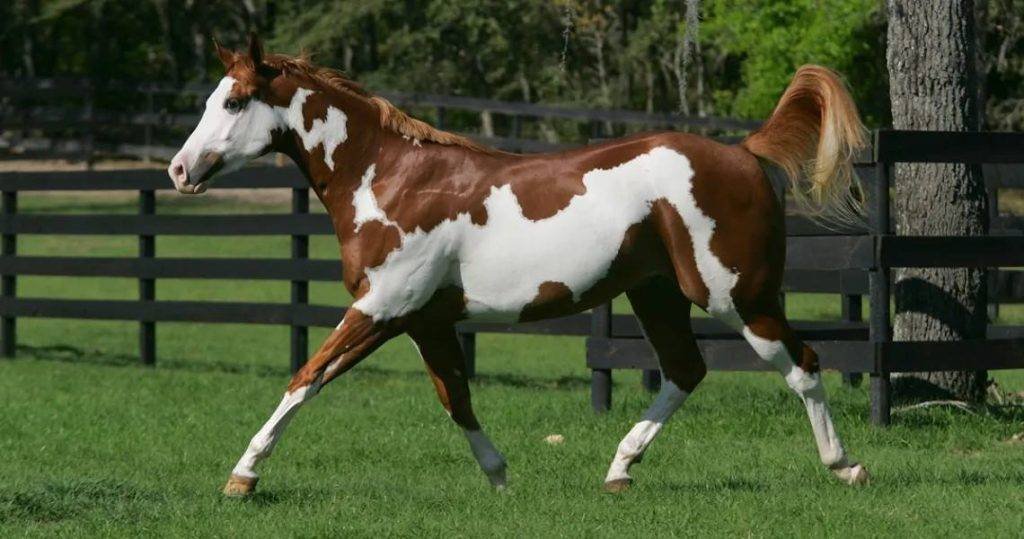Horses are magnificent animals that have been our companions for thousands of years.
Whether you are a seasoned rider or a new horse owner, understanding how your horse should behave is key to building a good relationship. The behavior of a horse can tell you a lot about its training, health, and comfort. In this article, we’ll explore the ideal behavior of a horse and how to encourage it.
1. Calm and Trusting
One of the most important qualities in a horse is calmness. A calm horse is easier to manage, ride, and interact with. Horses are prey animals, which means they are naturally cautious and sensitive to their surroundings. A calm horse should not be easily startled or panic when something unexpected happens. If your horse is nervous or jumpy, it may be a sign that they need more desensitization training or that they are not yet comfortable with their environment.
Trust plays a major role in a horse’s behavior. When a horse trusts its owner or handler, it will respond better to commands and instructions. Building trust takes time. You can earn a horse’s trust by spending time with it, being gentle, and showing it that you are not a threat.
2. Respectful
Respectful behavior is another key trait. A respectful horse is one that listens to your cues, whether you’re riding or simply leading it around. It should not push you, bite, or show aggression. If your horse becomes disrespectful, it is important to correct the behavior promptly, but gently. Horses learn quickly through consistent boundaries and reinforcement.
A respectful horse understands personal space. It should not invade your space or try to crowd you when you’re working with it. If your horse does this, it may be a sign that it needs more training in leading and groundwork exercises.
3. Obedient
Obedience in a horse is crucial for safety and performance. An obedient horse should respond immediately to your commands. Whether you are asking it to stop, turn, or move forward, an obedient horse should do so without hesitation. This requires consistent training, patience, and clear communication from the rider.
Obedience can be achieved through repetition and positive reinforcement. Praise and reward your horse when it follows a command correctly. If the horse fails to obey, it is important to correct it in a calm and firm manner, rather than using harsh methods.
4. Patient
A patient horse is an absolute joy to work with. This quality is especially important in young horses or when teaching new skills. Horses can learn new behaviors over time, and patience is key in helping them understand what is expected.
Some horses may take longer to learn certain tasks, and that’s okay. Be patient and give your horse time to process information. Rushing a horse or forcing it into situations it is not ready for can cause stress, fear, or confusion. Building patience in a horse also helps to create a more positive and relaxed atmosphere for both the animal and its handler.
5. Social
Horses are social animals, and they enjoy the company of other horses. A well-behaved horse will usually be friendly and comfortable in the presence of other horses. It should not show aggressive behavior toward its peers, like biting or kicking. However, it’s important to remember that horses have personalities, and some may be more dominant or shy than others.
Socializing your horse with other animals and humans is vital for its overall well-being. A horse that is not properly socialized may become anxious, fearful, or overly aggressive. Gradually introducing your horse to new environments, animals, and people can help it become more well-rounded and confident.
6. Healthy and Active
A healthy horse is a well-behaved horse. Proper diet, exercise, and regular checkups are essential for a horse’s behavior. When a horse is in good health, it is more likely to be calm, cooperative, and energetic. If a horse is unwell or in pain, it may exhibit undesirable behaviors like biting, kicking, or refusing to work.
Regular exercise is important to keep your horse active and engaged. A bored horse may become frustrated and develop bad habits. Make sure your horse gets plenty of exercise through riding, lunging, or turnout in a pasture.
A well-behaved horse is one that is calm, trusting, respectful, obedient, patient, social, and healthy. These qualities help create a strong bond between the horse and its owner, making it easier to train and enjoy. As a horse owner, it’s important to remember that your horse’s behavior is influenced by training, health, environment, and how you interact with it. With time, patience, and consistency, you can encourage your horse to develop the ideal behavior and enjoy many years of companionship together.




